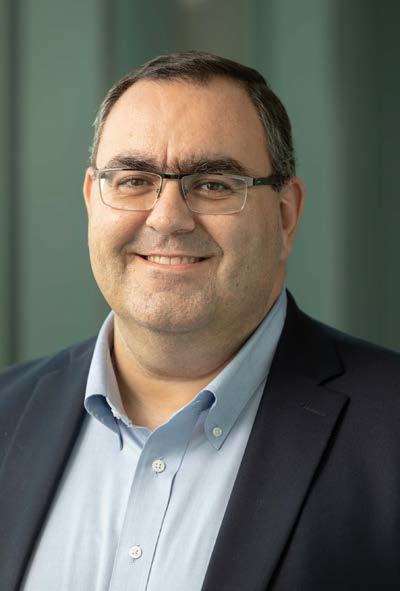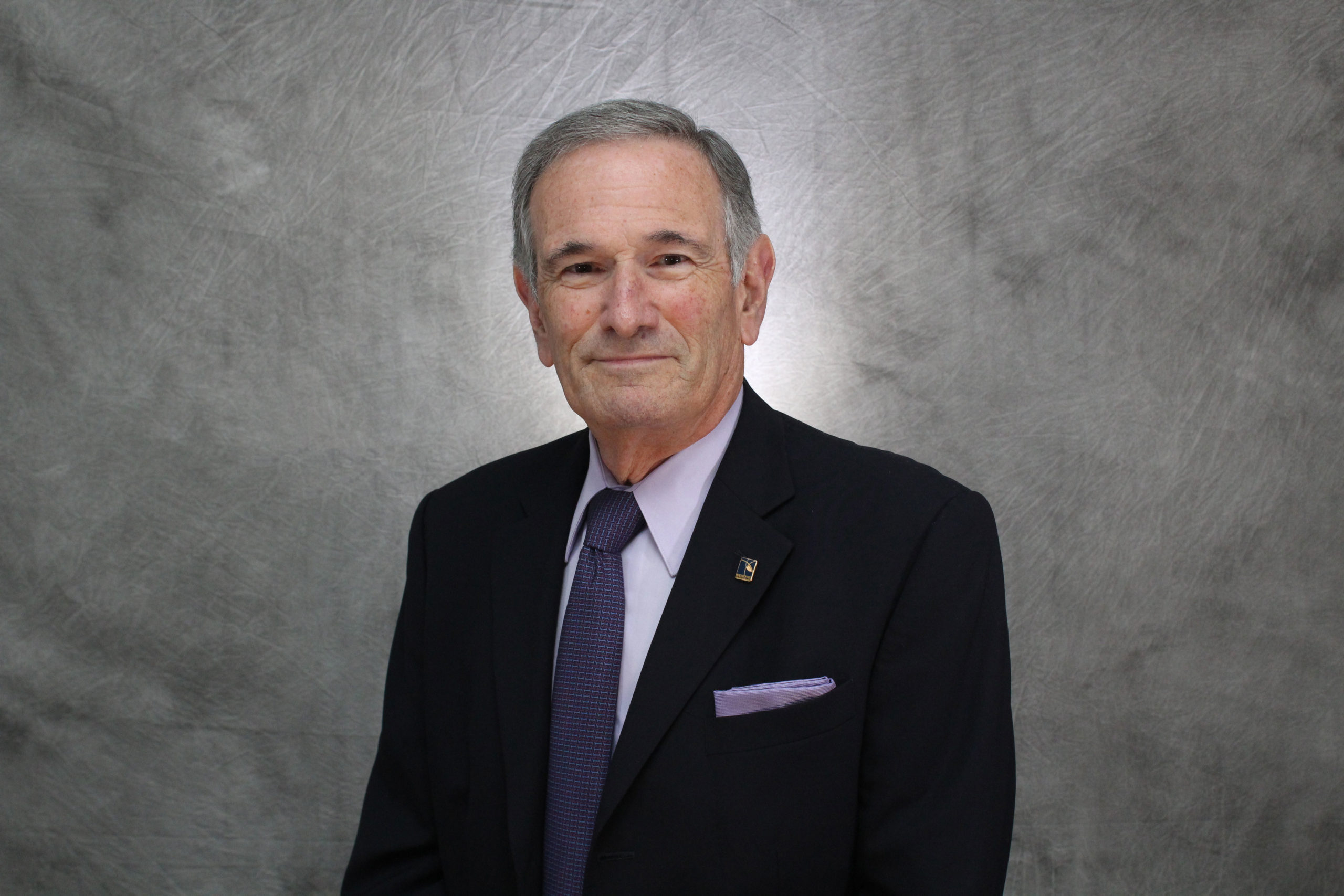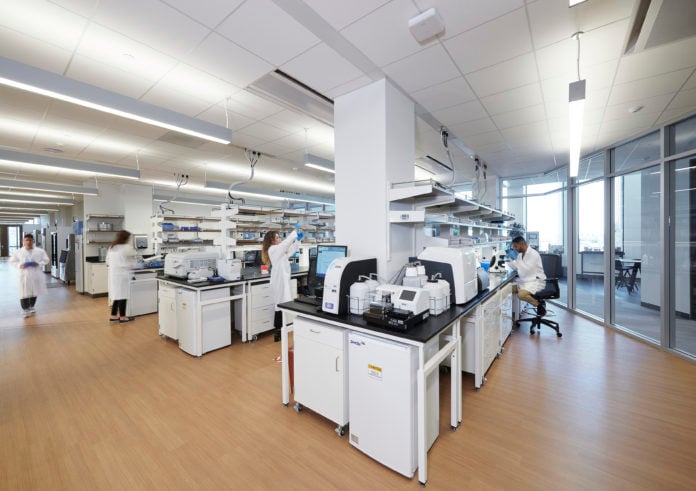When UCLA researcher Dimitrios Iliopoulos and two other UCLA research colleagues were seeking lab space in spring 2019 to house their newly formed biotech company, Athos Therapeutics Inc., they were in luck.
The just-opened BioLabs LA incubator at the Lundquist Institute just west of Carson had the perfect combination of lab and office space they were looking for.
Athos, which is developing drugs to treat autoimmune diseases, had just incorporated in April 2019 and had raised $4.3 million in seed funding from a group of angel investors who gave strict instructions that they wanted virtually all of their money used for research and not spent on lab and office space.

“This was the only lab space in all of Los Angeles County that allowed for clinical testing on animals, which is necessary for our research,” Iliopoulos, Athos’ chief executive, said. “And building our own lab space would have taken us a year or more, once you factored in getting all the permits and approvals. So, without this lab space, we likely would have had to relocate out of L.A.”
Instead, Athos became one of the first resident companies in the bioscience incubator operated by Cambridge-based BioLabs, which bills itself as a membership-based network of shared lab and office facilities located in key biotech innovation clusters.
Besides this L.A.-area incubator, BioLabs operates incubators in seven other metropolitan areas, including Boston; Durham, N.C.,; New York; San Diego; and San Francisco.
BioLabs LA is housed in 18,000 square feet of space on the third floor of the 80,000-square-foot Lundquist Institute, formerly the Los Angeles Biomedical Research Institute, or LA BioMed.
The institute is on the Harbor-UCLA Medical Center campus, which sits on unincorporated L.A. County land between the city of Carson and the community of Harbor Gateway; it uses Torrance as its official address.
The incubator opened exactly one year ago and is now home to 20 companies and 59 resident scientists that share lab equipment with an estimated value of $1.5 million. Almost half of the member companies started in the Los Angeles area; others have come from as far Asia and Australia.
One company, Hinge Therapeutics Inc., relocated from San Francisco in what Lundquist Institute executives said was a coup for the Los Angeles region. Hinge is developing drugs to treat hemophilia, hypertension and a range of rare diseases.
Besides Athos and Hinge, other companies include Triton BioSystems Inc., which relocated out of Baylor College in Houston and is developing technology to reduce the time to analyze the antibiotic resistance of bacteria and fungi; and ASTA US Inc., a division of ASTA Inc., a medical equipment and device firm headquartered in Suwon-Si in South Korea that is developing a mass spectroscopy diagnostic system at the incubator.
Among the other companies working out of the incubator are Vangenes Inc., which is developing a noninvasive paternity test; and Basepaws Inc., which markets and is further developing home genetic tests for cats.

“The Lundquist Institute is a center of innovation for the country’s next great biotech hub here in Los Angeles,” the institute’s Chief Executive David Meyer, said in an announcement marking the incubator’s first anniversary. “I am proud to have welcomed so many great entrepreneurs to our campus in just one year.”
According to the anniversary announcement, the 20 member companies have raised a total of $31 million over the past year to fund research and development of their therapies, medical devices and services.
“We are beyond pleased with the success of the incubator and our partnership with BioLabs,” Keith Hoffman, the Lundquist Institute’s senior vice president for business development and technology transfer, said in the announcement.
The Lundquist Institute and the incubator it houses are part of a broader effort by L.A. County officials — including Supervisor Mark Ridley-Thomas — to foster a bioscience cluster around Harbor-UCLA Medical Center and the four other hospitals in the county system.
“As we work to make Los Angeles County the center of bioscience innovation at all levels, the Lundquist Institute has been one of our region’s most important assets,” Ridley-Thomas said in the announcement. “The life sciences offer the rare opportunity to save lives and transform our local economy.”

